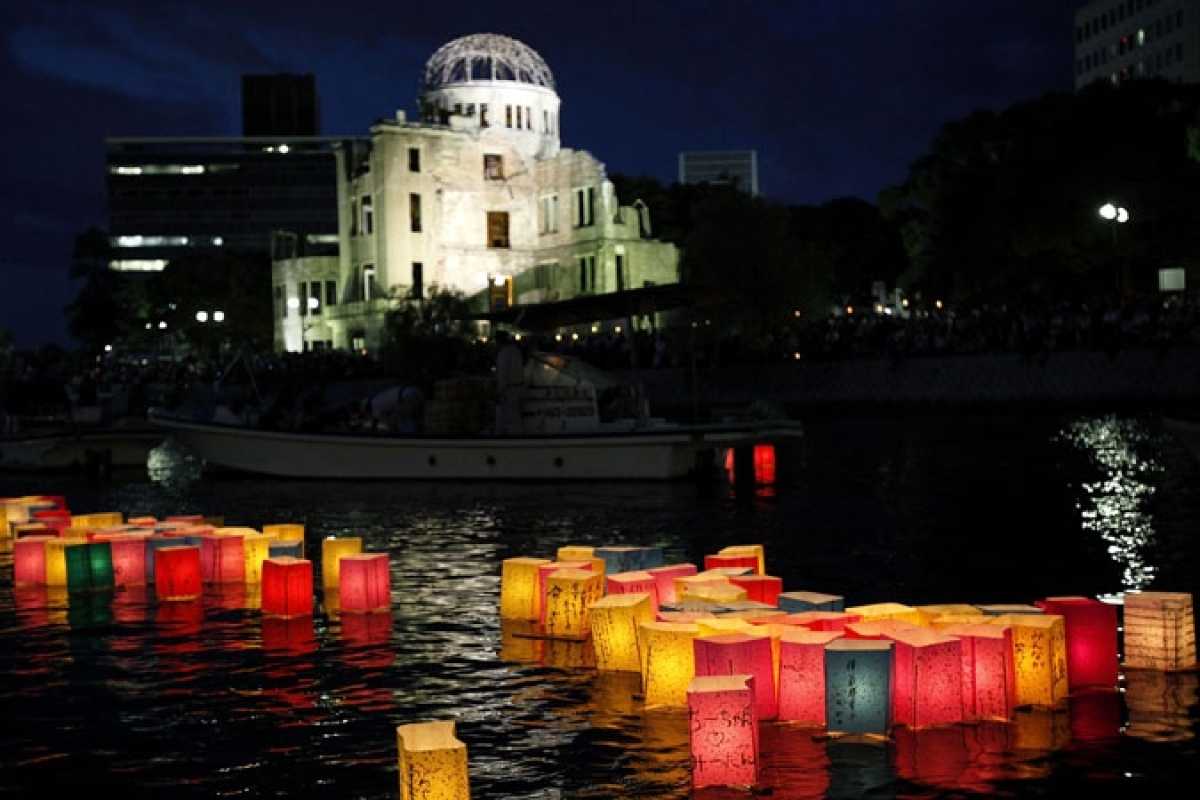News
Remembering Hiroshima: A Day of Reflection and Peace

Every year on August 6, the world pauses to remember the tragic event that took place in Hiroshima, Japan, back in 1945. This day is known as Hiroshima Day, and it marks the anniversary of when an atomic bomb was dropped, leading to immense destruction and loss of life during World War II.
This year, as we mark the 79th anniversary, people reflect on the significant impact of nuclear weapons and the continuous efforts needed to rid the world of such dangerous weapons. Hiroshima Day is not just about recalling the past; it also emphasizes the need for peace and the horrors of nuclear warfare.
The attack on Hiroshima occurred when Japan refused to surrender to the Allied forces. On August 6, the United States dropped an atomic bomb named Little Boy, using a B-29 bomber. The devastation was unfathomable—around 39 percent of the city’s population was wiped out in an instant. The horror didn’t stop there; just three days later, another bomb was dropped on Nagasaki.
After facing this catastrophic destruction, Emperor Hirohito announced Japan’s unconditional surrender on August 15, bringing an end to World War II. The impact of these bombings didn’t fade quickly; over the years, the people of Hiroshima and Nagasaki dealt with health issues and psychological trauma from the radiation exposure.
Hiroshima Day serves as a crucial reminder for everyone, including politicians and diplomats, that all wars are devastating, but nuclear wars pose an even more dire threat. Unfortunately, even after so many years, many countries still possess nuclear weapons—over 13,000 globally.
On this day, many visit the Hiroshima Peace Memorial Museum, a place dedicated to documenting the atomic bombing’s history and honoring the victims. It becomes a gathering point for people who want to honor those lost in the tragedy while vowing to work towards a world without nuclear weapons.
This year, Japanese Prime Minister Fumio Kishida shared his thoughts through social media, reinforcing the message of peace and the urgency of nuclear disarmament. The day is filled with ceremonies, discussions, and marches, shining a light on the lessons learned from such a dark chapter in history.
Notably, UN Secretary-General António Guterres also spoke about the importance of not forgetting the lessons from August 6, 1945, highlighting that the threat of nuclear weapons remains a real concern today.












